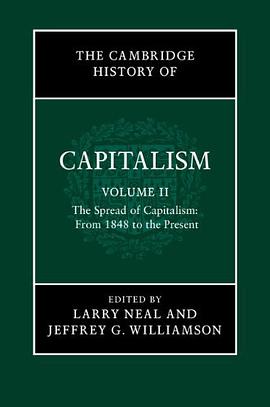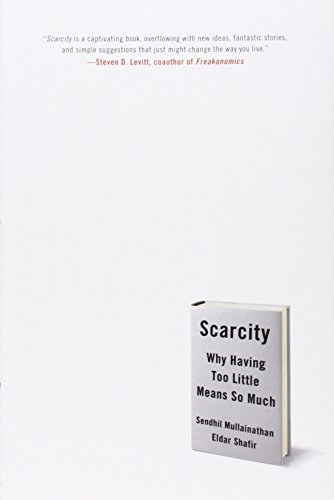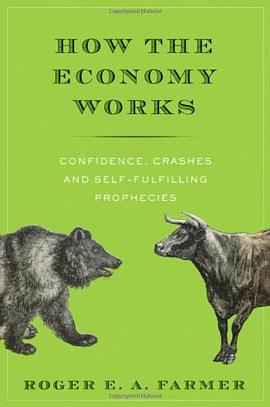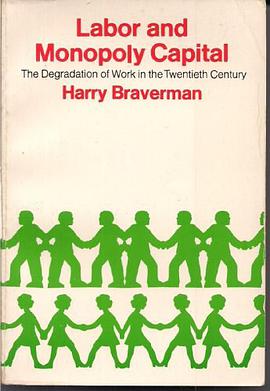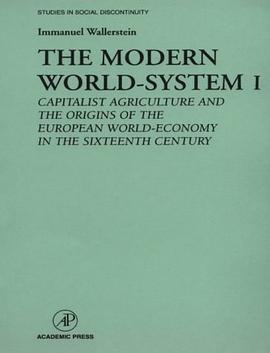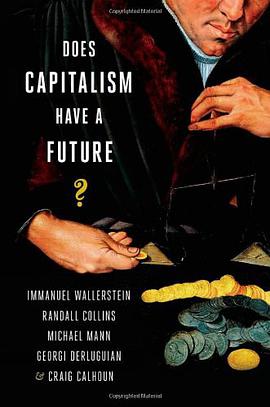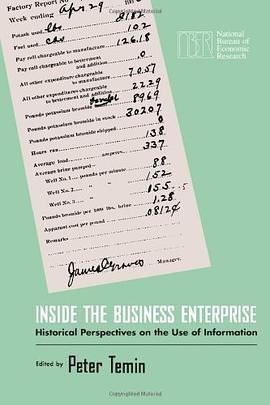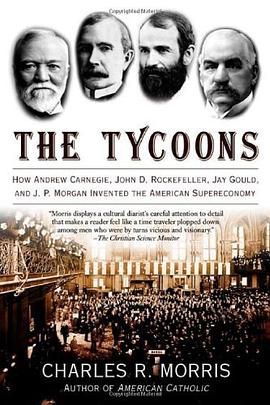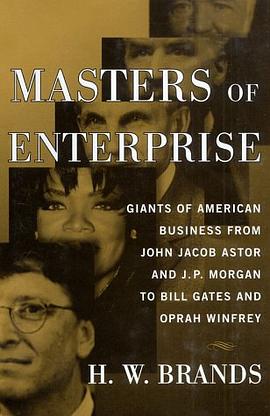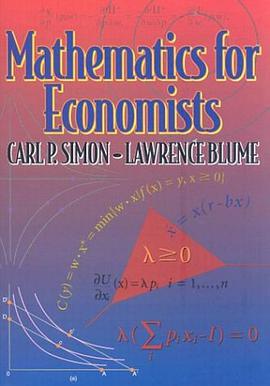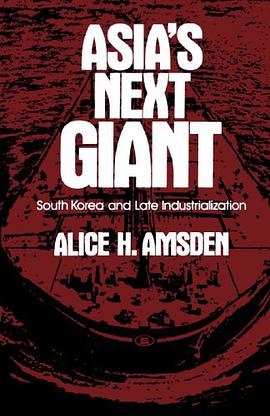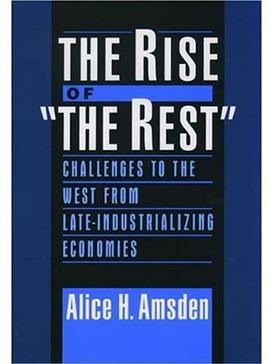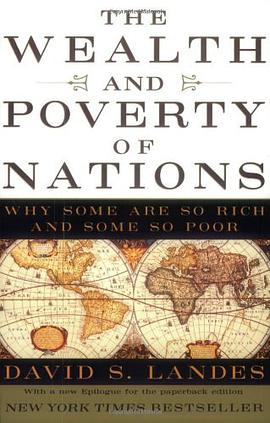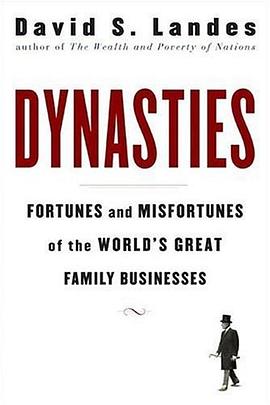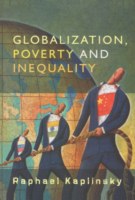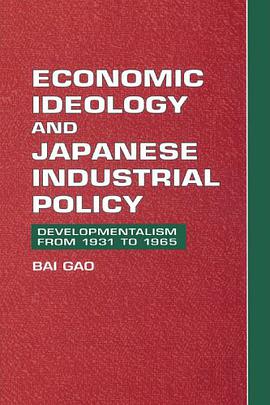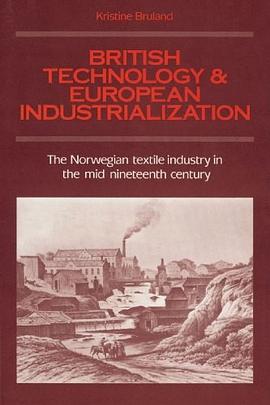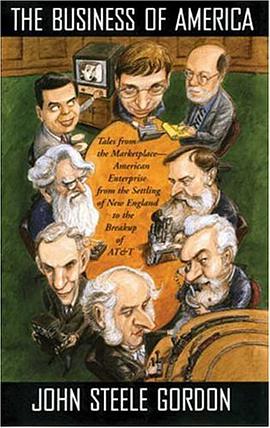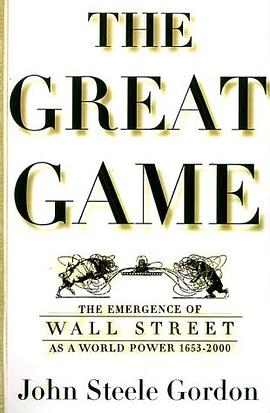For more than two hundred years, fortunes have been made -- and lost -- on Wall Street by men and women playing the great game of capitalism. Many have repeated the mistakes of their forebears, and some have enjoyed similar triumphs. In this gripping and informative book, John Steele Gordon tells history lovers, armchair investors, financiers, and day traders alike everything they need to know about Wall Street's wild ride to power.
Wall Street began as the northern line of defense for a wilderness trading post, at a time when money was limited to gold, silver, and Indian wampum. Today, Wall Street is a metaphor for the global financial market, and money exists mostly on computer screens. More than three million Americans are now employed by the securities industry, and Wall Street wields the sort of power once reserved to nation states. How did an unimpressive little byway become so formidable? In this richly textured narrative history, John Steele Gordon brings to life the remarkable cast of bankers and brokers, visionaries and crooks who made it happen.
Nature gave New York one of the world's great harbors, and the Dutch founders gave the city its enduring love of making money. In pursuit of that love, New Yorkers began meeting under the trees and lampposts of Wall Street to buy and sell securities. As the country expanded westward, canal and railroad companies came to Wall Street looking for capital. Later still, manufacturers came as well, and, by the beginning of the twentieth century, the United States had the mightiest national economy in the world. No small part of that development was due to Wall Street, which, time and again, has demonstrated how Adam Smith's invisible hand turns the pursuit of economic self-interest into common wealth.
Gordon tells the fascinating stories of the key players of the Great Game, including Jacob Little, the first great Wall Street plunger; Commodore Vanderbilt, the Street's greatest tactician; Hetty Green, the "richest woman in the world," who was terrified of being poor; J. P. Morgan, the country's most important banker, who twice saved it from economic disaster when the government couldn't; Richard Whitney, the president of the New York Stock Exchange, who was a thief; and Charles E. Merrill, who brought Wall Street to Main Street and transformed both in the process. From Alexander Hamilton to Michael Milken, the history of Wall Street is a history of risk, courage, avarice, patriotism, power, genius, and even, occasionally, remarkable stupidity.
Wall Street has finally found a biographer worthy of her extraordinary story in acclaimed business historian John Steele Gordon. As more and more Americans invest their money in the stock market, The Great Game is a lively and absorbing account of how Wall Street became a crucial part of all our lives.
